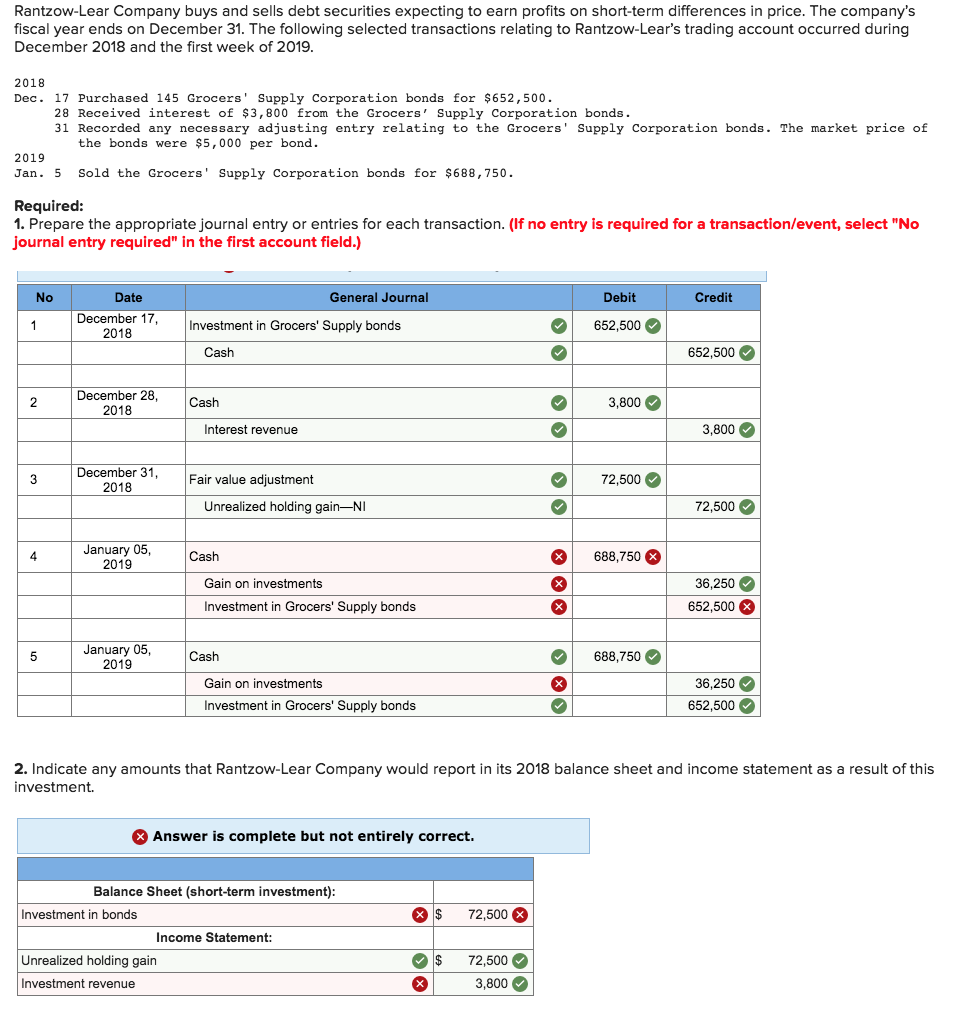Imagine you’re flipping through a financial news website, and you see the headline: “Company A Sells 10,000 Shares.” You might wonder, “What does that even mean?” Does it impact my investment portfolio? Does it signal a problem for the company? You’re not alone in your curiosity. Understanding what happens when a company sells shares is crucial to navigating the world of finance.

Image: www.chegg.com
This article dives deep into the concept of companies selling shares, breaking down the different reasons why companies take this step and what it could signify. You’ll gain insight into how this action affects the company’s financials and how it might impact investors.
Understanding Share Sales: An Investment Primer
When a company sells shares, it’s like selling a piece of its ownership to investors. These investors become shareholders, gaining a stake in the company’s success and the potential for profits. While selling shares often signals company growth and expansion, there are different motivations behind this move, each with its own implications.
Why Do Companies Sell Shares?
Companies sell shares for a number of reasons, and understanding these motivations is key to interpreting the underlying message:
- Raising Capital: The most common reason is to raise capital. Companies need funds for various reasons, like expanding operations, launching new products, acquiring other companies, or paying off existing debt. Selling shares provides them access to a pool of money from investors.
- Debt Reduction: Sometimes, companies use share sales to pay down existing debt. This can improve their financial stability and lower interest expense payments.
- Shareholder Distribution: Large shareholders might be looking to diversify their portfolio or cash out on their investment. They might choose to sell a portion of their shares back to the company.
- Strategic Initiatives: A company might sell shares to fund specific, often high-risk, projects. This could involve developing new technologies, entering new markets, or acquiring critical patents.
The Impact of Share Sales: A Financial Lens
The impact of share sales varies depending on the context. Here’s a look at the key implications:
- Share Price Fluctuation: A large share sale can sometimes push down the share price. This is because increased supply of shares can outweigh demand, causing a temporary price drop.
- Investor Sentiment: If a company sells shares to address financial concerns, it might lead to a drop in investor confidence. This could result in more shareholders choosing to sell, adding further downward pressure on the share price.
- Increased Liquidity: However, share sales can also increase liquidity in the market. This means investors can buy and sell shares more easily, potentially attracting new investors.
- Company Valuation: The share price offers a glimpse into the market’s perception of the company’s value. A significant share sale can affect the company’s overall valuation, depending on the factors that led to the sale.

Image: www.chegg.com
Navigating the News: Reading Between the Lines
The news of a company selling shares can be interpreted in various ways. Here are some key questions to ask:
- What is the purpose of the share sale? Is the company seeking to raise capital, pay down debt, or achieve other goals?
- How will the sale impact the company’s financial stability? Will the company’s debt-to-equity ratio increase?
- What is the company’s overall market performance? Has the company experienced recent setbacks or growth? Understanding the company’s financial history and current status can better inform your interpretation.
- Who is buying the shares? Is the sale aimed at existing investors or attracting new ones?
Expert Insights: The Value of Professional Guidance
For investors, understanding the nuances of share sales is crucial. Consulting with a financial advisor who specializes in investment strategies can offer valuable insights and guidance. An expert can assess the financial health of a company, its future prospects, and the potential impact of share sales on your overall investment portfolio.
A Company Sells 10000 Shares
A Final Thought: Empowering Your Investment Journey
The world of finance is intricate and often challenging to navigate. By understanding the intricacies of share sales, from company motivations to market implications, you empower yourself to make informed investment decisions. Remember, investing should be a thoughtful, research-driven process. Take the time to understand the intricacies of the market and seek professional guidance when needed.






